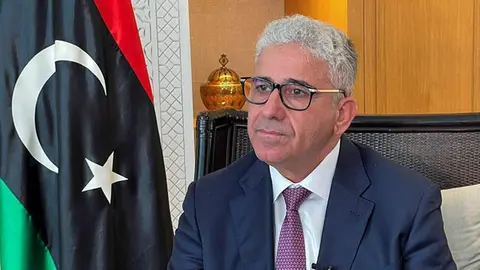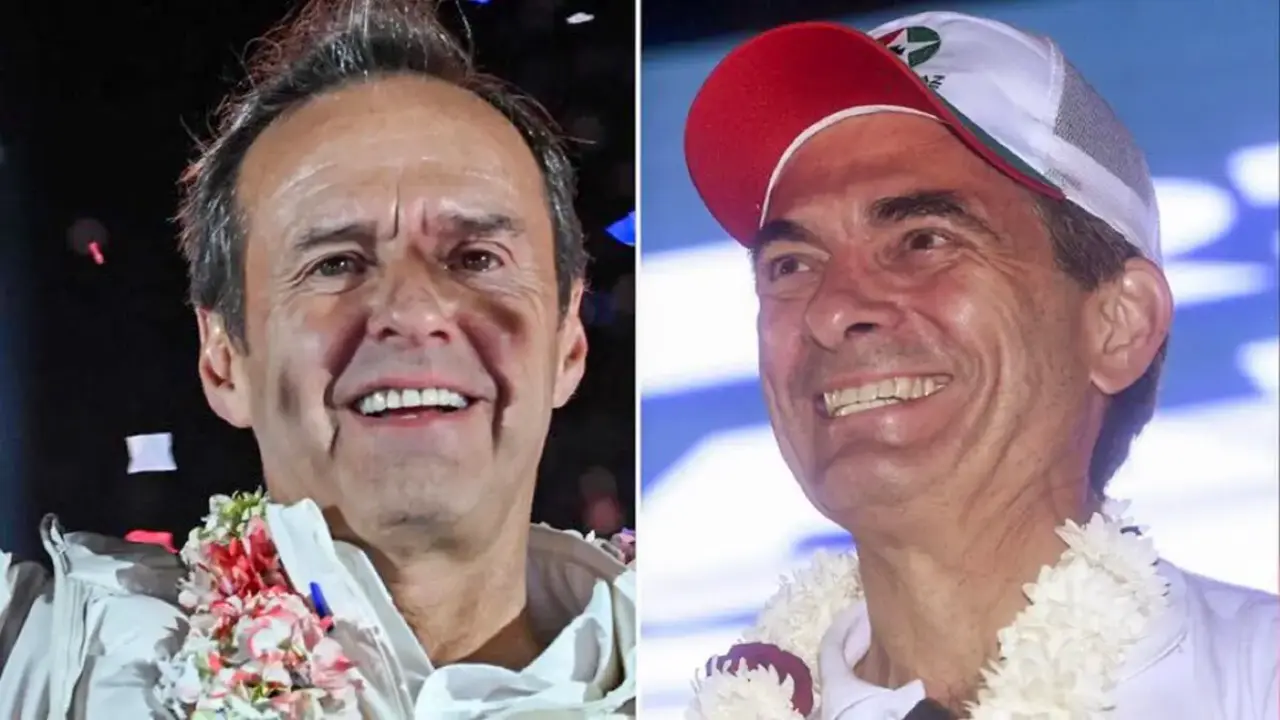Morocco hosts commission to lay groundwork for Libyan elections
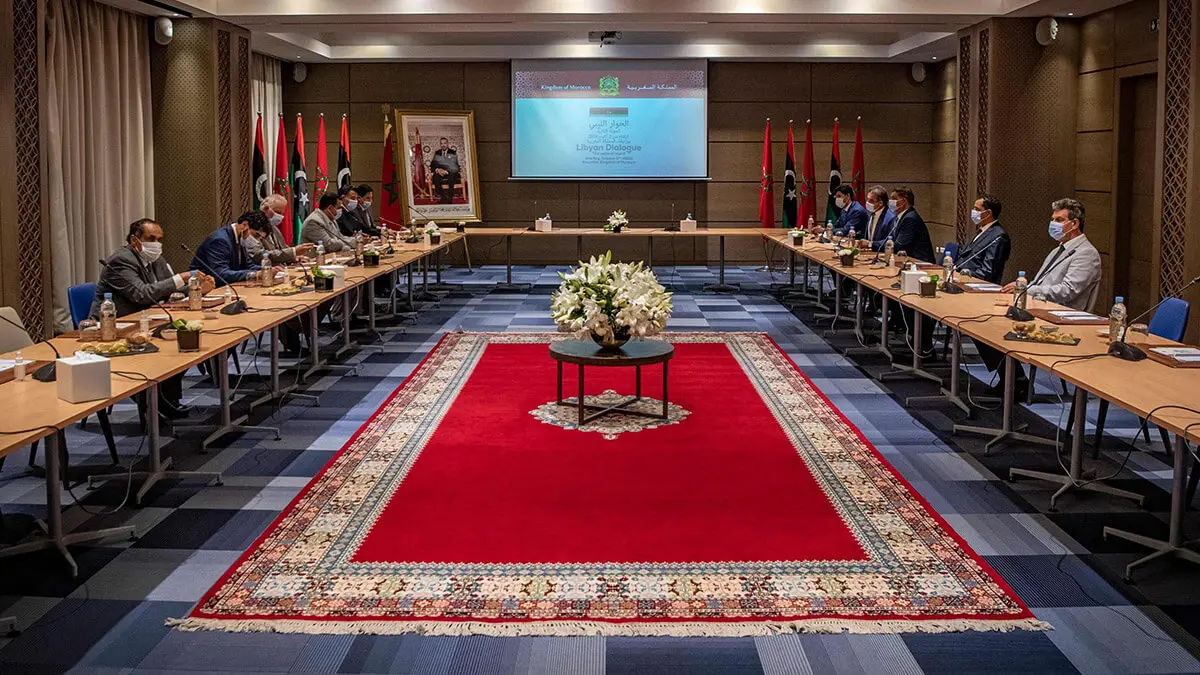
It is the key to ending the Libyan crisis. Until now, the two delegations present in Libya, the Parliament that administers the east of Libya, based in Tobruk, and the High Council of State that does the same in the west, based in Tripoli, had not reached an agreement to draw up the electoral laws that would lay the foundations for the legislative and presidential elections that Libya has been dragging on since December 2021. But the first step has been taken.
The so-called 6+6 Commission composed of representatives of the two delegations has met in the Moroccan city of Bouznika, with the United Nations Support Mission in Libya (UNSMIL), to draw up the conditions for running for the presidency. The key problem that led to the annulment of the failed 2021 elections and which revolves around whether or not military personnel and people with dual nationality should be considered eligible to run for the presidency.
A condition that, far from seeming inconsequential, will define the fate of Libya as the son of Muammar Gaddafi himself, Said al-Islam, still pending an arrest warrant from the International Criminal Court (ICC), is running as a candidate. The validity of his nomination is now being questioned in Bouznika.
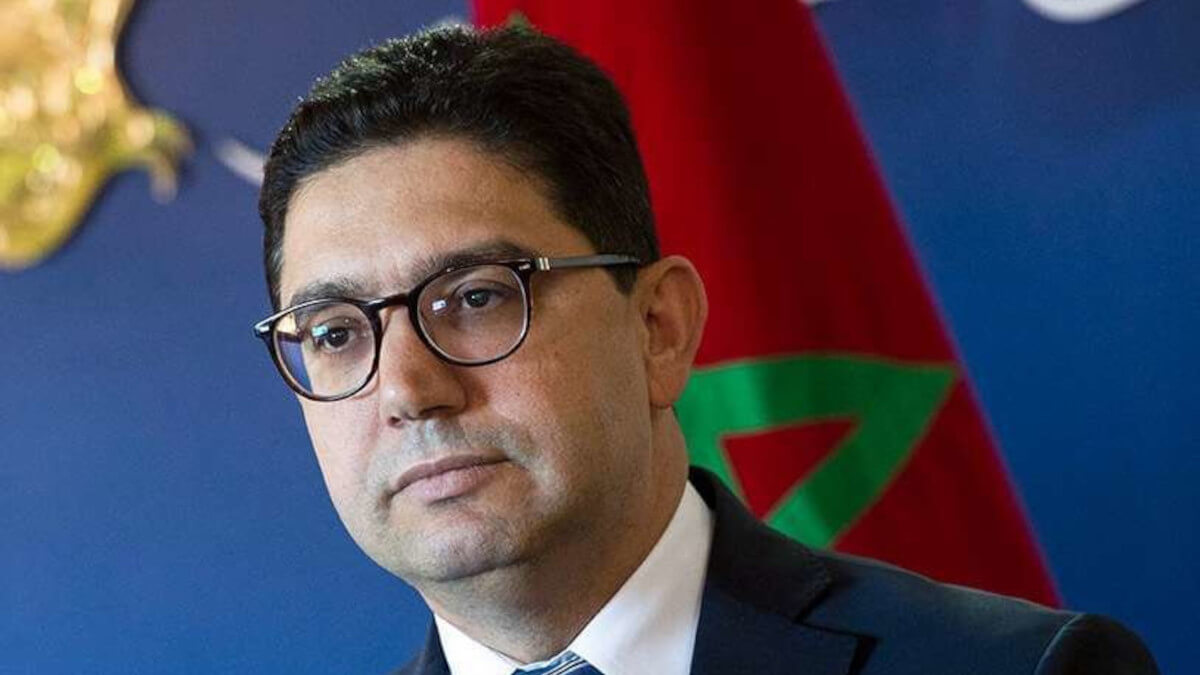
Morocco's efforts for a Libyan solution
Libya has had a political process to resolve since the uprising against Gaddafi in 2011. More than a decade of fratricidal conflict that Morocco has wanted to help bring to an end. On several occasions, Rabat has been the scene where the two delegations have reached important agreements on the road to a consensual and definitive solution to the Libyan crisis. The most prominent so far is the 2015 Skhirat Agreement, concluded by the UN and the international community, which provided for the creation of a government of national unity.
From Skhirat to Bouznika, Morocco has fortified its efforts to organise elections a "comprehensive, inclusive and pragmatic framework", and continues to assert that the Libyan solution is the same solution to ensure unity, stability and progress in North Africa.
"The question of legitimacy in Libya can only be resolved through presidential and parliamentary elections, through which the Libyan people will establish the authority that can guarantee the political management of the country," said Foreign Minister Nasser Bourita after a meeting in Rabat with the UN envoy to Libya, Abdoulaye Bathily.
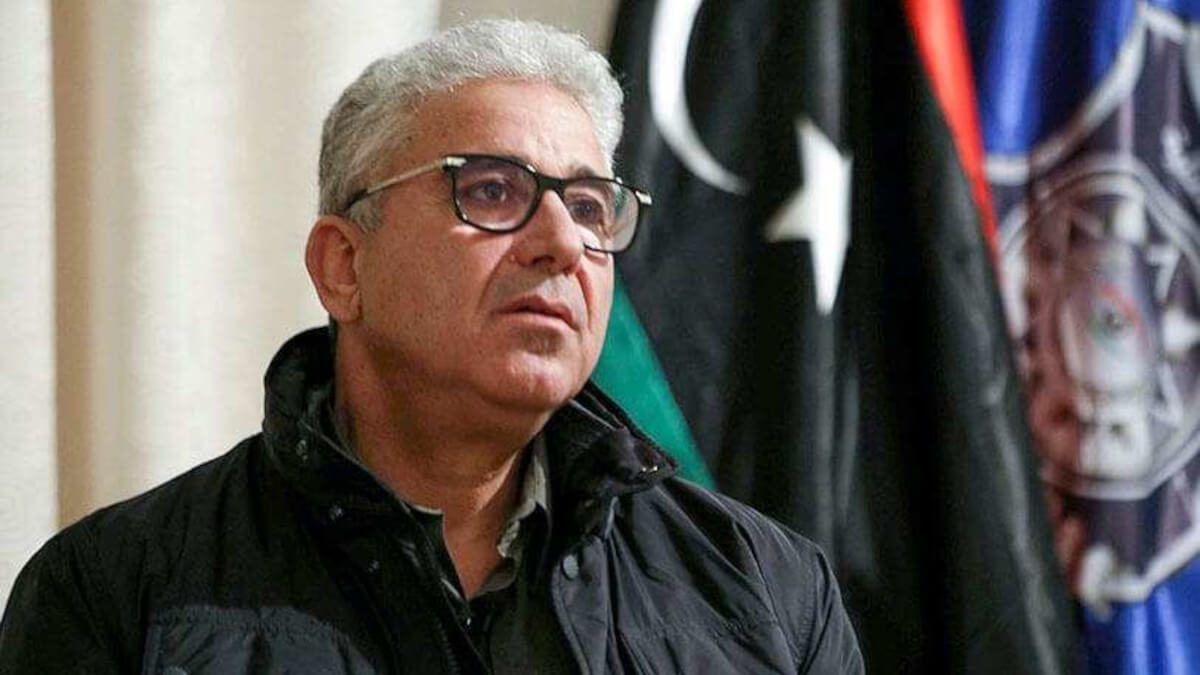
Several problems to be solved
Now that the 6 + 6 Commission has been set up, the Libyan parliament is now faced with a number of problems. On 16 May, the deputies replaced the Prime Minister, Fathi Bashaga, with Osama Hammad, until then Minister of Finance in the parallel executive in Tripoli. A decision that the president of the parliament, Aguila Salé, himself has described as "illegal".
According to the Libyan daily The Libya Observer, Salé was not present at the session in which the measure was approved, after urging MPs not to rush into suspending Bashaga. Although the decision was preceded by a request from General Jalifa Haftar, aligned with the Tobru authorities, who wanted to reach an agreement with the parallel Prime Minister, Abdul Hamid Dbeibé.
Circumstances led the Speaker of the House to refuse to recognise Osama Hammad as head of state in order to confront Dbeibé and reminded the latter to step down if he wants to run in the elections. A few more nuances to be fine-tuned in Bouznika.

